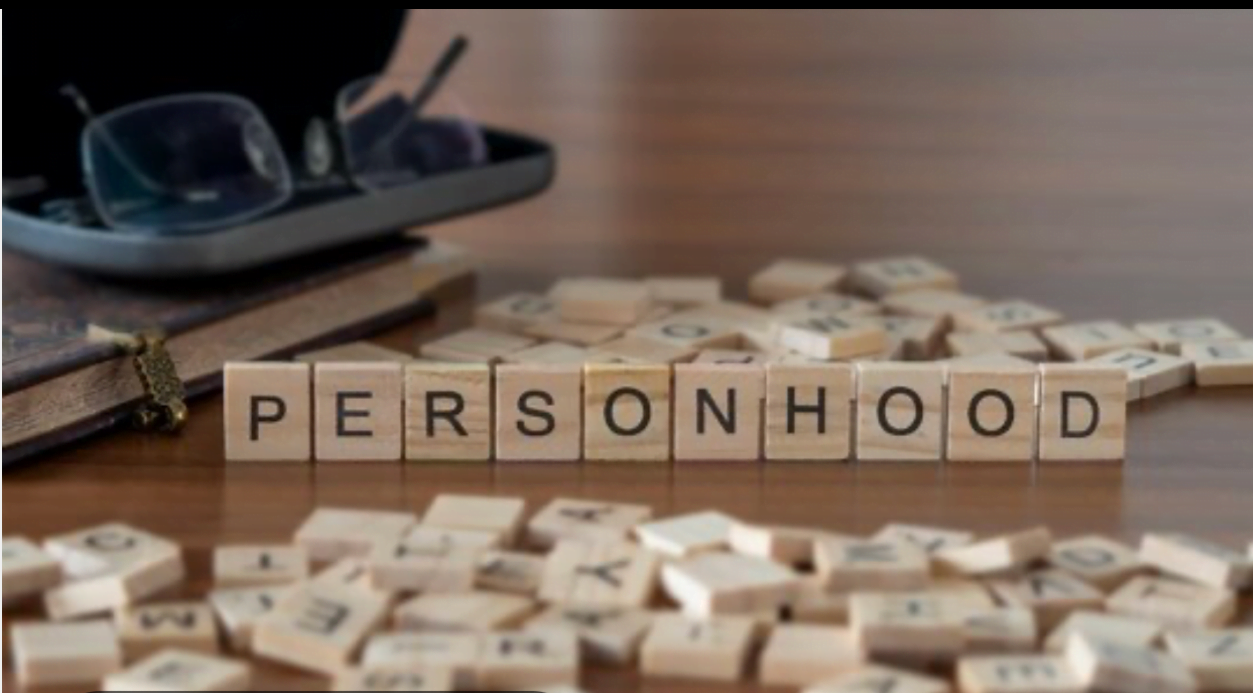“Self-image determines self-esteem, self-esteem determines priorities, and priorities determine success. Improve the world by doing those things which legitimately boost your self-image and that of others.” – Clarence E. Hodges.
Personhood is one of the most controversial concepts to discuss in determining what makes a human a person. For philosophers, a human is a biological expression, while a person is a moral expression. Therefore, philosophically speaking, persons are part of our moral community and worthy of ethical consideration. However, this can be very problematic and slippery because if humanity can perfect the basic functionalities of a humanoid artificial intelligence, would it be considered a person if it meets the moral acceptance of our community? Again, would a serial killer like Luis Garavito or a terrorist like Osama Bin Laden still be considered persons, even when they violated the laws of society in a significant way? Considering this view, a serial killer or a terrorist can surrender his personhood through these unacceptable inhuman actions, rendering him persona non grata.
There are several criteria that philosophers have used to justify personhood, such as;
Genetic Criteria: This states that you are a person because you possess human DNA. This will make perfect sense to most people because that is what we always thought defined a person, but it has flaws on a closer investigation.
Cognitive Criteria: These include consciousness, reasoning, self-motivated activity, communication capacity, and self-awareness. The radical implication is that if a being fails to possess all these cognitive criteria, the individual is no longer a person, even if he is still human, with human DNA. The personhood theory is called into question at this point, especially when an individual struggles with mental illness. The caregivers, society, and sometimes the family undermine the individual’s dignity and humanity because of the individual’s lack of self-awareness and cognitive qualities at the time of his illness and even after recovery.
Social Criteria: This implies that when a society deems it fit to recognize you as a person. This means some people can be included, while the community may exclude others. Racial biases are a culprit at this juncture. At a time in human history, being black was a crime, and white folks saw themselves as significantly superior. At the same time, they viewed black men and women as possessing lesser human qualities.
Sentience Criteria: This refers to when a being can feel pleasure and pain. This means animals like elephants, dolphins, octopuses, and other primates will be considered persons because they can feel pleasure and pain.
Gradient Theory of Personhood: This theory argues that personhood comes in degrees. You can either have more of it or less of it. This means some beings may possess more personhood than others, like a fetus or a human with dementia. This gradient theory, over time, has brought the conflict of opinions in the debate for and against abortion, for instance.
The issue with all five criteria of personhood is that they are not all perfect, and they have ethical implications in their application, thus leading to unintended harm to certain beings that some might consider persons. This means we have to think deeply and exhaustively when we debate the definition of a person.
Theologically speaking, God views persons as a replica of his very image according to Genesis 1:26 (KJV), “And God said, let us make man in our own image, after our likeness: and let them have dominion over the fish of the sea, and over the fowl of the air, and over the cattle, and over all the earth, and over every creeping thing that creepeth upon the earth.” For me, this verdict on God’s creation of man about the authenticity of his God-likeness holds the key to how every human should be treated with awe, respect, and dignity.
This article is not so much concerned about other people’s acceptance of you as a person but your discovery and acceptance of yourself. Knowing who you are, what you have, and the contribution you can make to society is what is preeminent here. How do you discover your inner person imbued with grace, honor, dignity, and dexterity? How do you live and sustain your life above your self-imposed negative prejudices and interpretations of your person?
My purpose in writing this article is to demonstrate the complexity inherent in understanding personhood, which, when understood, can help you uncover your authentic self and inner strength that will help you thrive. I hope you can join our movement through the school of transformational leadership, where we advocate for the dignity of individuals and prepare them for societal transformative roles.












